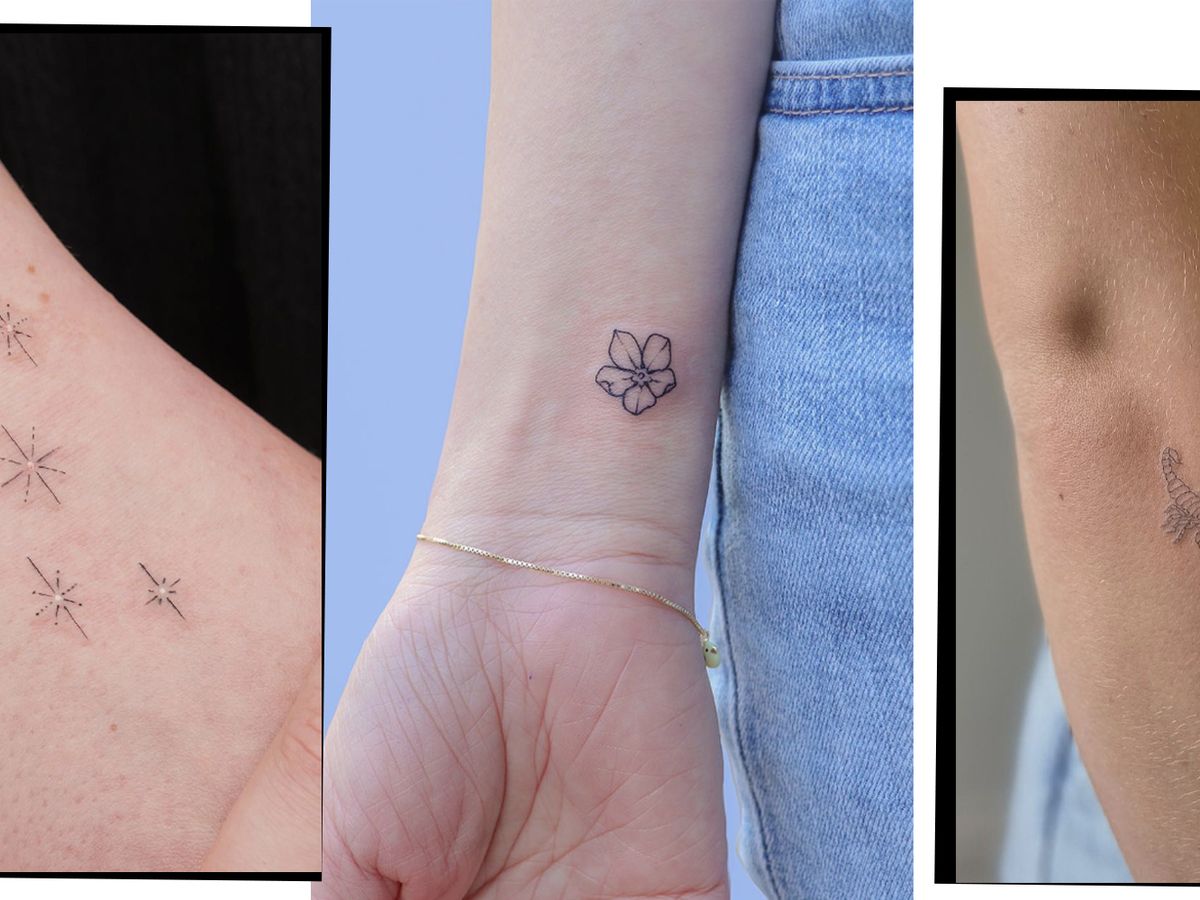
Getting a tattoo is an exciting and personal experience. Whether you're looking to get a small design or a full sleeve, it's important to understand the cost breakdown of your dream tattoo. The price of a tattoo can vary depending on various factors such as the size, location on your body, intricacy of the design, and the skill level of the artist. By understanding these factors, you can better prepare for the cost of your tattoo and ensure that you are getting the best quality work within your budget. In this article, we will break down the different aspects that contribute to the cost of a tattoo, helping you make informed decisions for your next ink.
Factors Affecting Tattoo Pricing
Size of the Tattoo
- The size of the tattoo is one of the primary factors that influence the cost.
- Smaller tattoos will generally cost less than larger ones.
- Most artists charge based on the size of the tattoo in square inches.
Design Complexity
- Intricate and detailed designs require more time and skill to execute.
- Complex designs will be priced higher than simpler ones.
- Artists may charge an hourly rate for highly detailed work.
Tattoo Placement
- The location of the tattoo on your body can also impact the cost.
- Areas that are more sensitive or difficult to tattoo, such as ribs or neck, may cost more.
- Some artists have set prices for different body parts.
Understanding Tattoo Pricing Models
Flat Rate Pricing
- Some tattoo artists offer flat rate pricing for certain designs or sizes.
- This means you will pay a set price regardless of the time or effort it takes to complete the tattoo.
- Flat rate pricing can be a good option for smaller, simple designs.
Hourly Rate Pricing
- Many tattoo artists charge an hourly rate for their services.
- The average hourly rate for a tattoo artist ranges from $100 to $300 per hour.
- Hourly rates are common for larger, more intricate designs.
Minimum Charge
- Some tattoo shops have a minimum charge, regardless of the size or complexity of the tattoo.
- This minimum charge typically covers the cost of supplies and the artist's time.
- Be sure to inquire about the shop's minimum charge before getting your tattoo.
Additional Costs to Consider
Consultation Fee
- Some tattoo artists may charge a consultation fee for discussing your design ideas.
- This fee may be included in the final cost of the tattoo if you choose to proceed with that artist.
- Consultation fees can range from $50 to $200.
Tipping Your Artist
- Tipping your tattoo artist is customary in the industry.
- It is recommended to tip between 15% to 20% of the total cost of your tattoo.
- Tipping shows appreciation for the artist's time, skill, and dedication to creating your tattoo.
Aftercare Products
- After getting a tattoo, you will need to invest in aftercare products to ensure proper healing.
- These products may include tattoo ointment, moisturizer, and antibacterial soap.
- Factor in the cost of aftercare products when budgeting for your tattoo.
Conclusion
Understanding the cost breakdown of your dream tattoo is essential for making informed decisions and ensuring that you get the best quality work within your budget. By considering factors such as size, design complexity, tattoo placement, and pricing models, you can better prepare for the cost of your tattoo. Remember to factor in additional costs such as consultation fees, tipping your artist, and aftercare products when budgeting for your tattoo. With this knowledge, you can confidently embark on your tattoo journey and turn your dream design into a beautiful work of art on your skin.